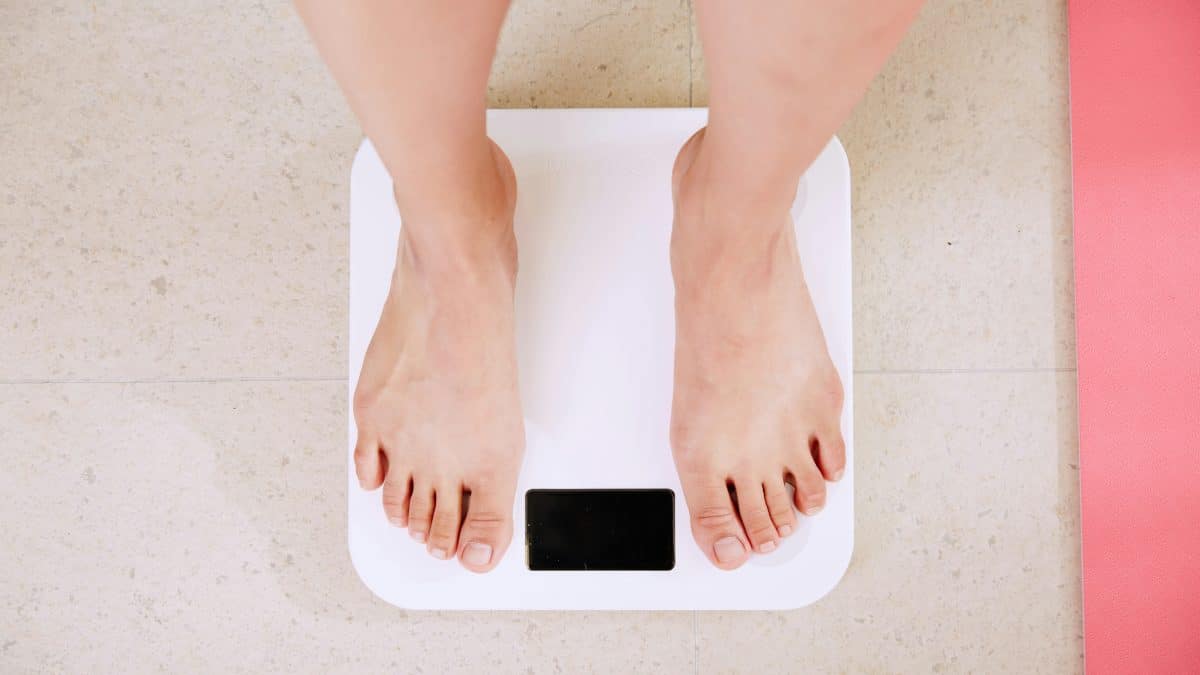
Why Choosing the Right Calorie Goal is Essential for Effective Weight Loss
When it comes to weight loss, many people focus on exercising more or cutting out certain foods. However, one of the most critical factors for sustainable weight loss is setting the right calorie goal. Without a well-thought-out calorie target, you could end up stalling your progress or even causing unintended harm to your body. Let’s explore why choosing the right calorie goal is so important and how it plays a central role in achieving lasting weight loss.
1. Prevents Muscle Loss and Metabolic Slowdown
A calorie deficit is key to losing weight, but too large of a deficit can backfire. When you drastically reduce calories, your body can begin to break down muscle for energy, leading to muscle loss. This is significant because muscle mass is essential for a healthy metabolism. The more muscle you have, the more calories you burn at rest. Losing muscle can slow your metabolism, making it harder to continue losing weight in the long term.
The Takeaway: Aim for a moderate calorie deficit rather than a drastic one to support muscle retention and avoid slowing down your metabolism.
2. Helps Avoid Nutritional Deficiencies
Cutting calories too drastically often means you’re not eating enough of the nutrients your body needs to function optimally. Key nutrients like vitamins, minerals, and fiber can be missing from your diet when your calorie intake is too low. This can lead to deficiencies that affect everything from energy levels to immune function and overall health.
The Takeaway: Choosing a balanced, manageable calorie goal allows you to consume enough nutrient-dense foods to support your health while losing weight.
3. Supports Sustainable Weight Loss Habits
A sustainable calorie goal is easier to stick to over time, reducing the likelihood of yo-yo dieting, where weight loss is followed by weight regain. Extreme calorie deficits can lead to feelings of deprivation, making it tempting to binge or abandon your weight loss efforts altogether. By selecting a realistic calorie goal, you’ll have a better chance of creating a sustainable lifestyle change rather than a temporary diet.
The Takeaway: Setting a reasonable calorie target promotes consistency and long-term success, making it easier to keep the weight off for good.
4. Enhances Energy Levels and Workout Performance
Your calorie intake directly impacts your energy levels, which are essential for physical activity and day-to-day tasks. A calorie goal that is too low can leave you feeling sluggish, irritable, and unmotivated, making it harder to stick to your fitness routine. Adequate calories provide the fuel you need to stay active and burn additional calories through exercise.
The Takeaway: A suitable calorie goal ensures that you have the energy to stay active and get the most out of your workouts, both of which are critical for healthy weight loss.
5. Reduces the Risk of Plateaus
Weight loss plateaus are a common challenge, and setting an overly aggressive calorie goal can make them more likely. When your body is in a prolonged calorie deficit, it can adapt by lowering your metabolic rate to conserve energy, causing weight loss to stall. By setting a more moderate calorie goal, you’re less likely to trigger this response, which can keep you progressing steadily.
The Takeaway: A balanced calorie goal helps avoid metabolic adaptation, reducing the chance of hitting a frustrating plateau.
6. Protects Your Mental Health and Wellbeing
Extreme calorie restriction can have a negative impact on mental health. It can lead to constant feelings of hunger, irritability, and even anxiety about food. Over time, restrictive dieting can lead to unhealthy relationships with food and trigger disordered eating behaviors. When you choose a sustainable calorie goal, you’re more likely to maintain a healthy, positive mindset toward food.
The Takeaway: A realistic calorie target helps support a balanced, healthy relationship with food, reducing stress and promoting better mental health during your weight loss journey.
7. Aligns with Your Personal Goals and Lifestyle
Everyone’s weight loss journey is unique, and your calorie goal should reflect your individual lifestyle, goals, and health needs. Factors like age, gender, activity level, and personal preferences play a huge role in determining the ideal calorie target. By choosing a goal that fits your specific circumstances, you can create a more enjoyable and tailored approach to weight loss.
The Takeaway: Personalizing your calorie target makes your weight loss journey more enjoyable and practical for your unique needs.
How to Determine the Right Calorie Goal
- Calculate Your Maintenance Calories: Find your Total Daily Energy Expenditure (TDEE) – the number of calories your body needs to maintain your current weight.
- Aim for a Small Deficit: A safe, sustainable deficit is usually around 10-20% of your maintenance calories. This approach avoids the risks associated with extreme calorie cuts.
- Listen to Your Body: If you feel constantly fatigued or overly hungry, consider adjusting your goal slightly upward for better balance.
- Consult a Professional: A dietitian or nutritionist can help you find a calorie goal that aligns with your health needs and weight loss targets.
Final Thoughts
The right calorie goal isn’t about starving yourself or achieving quick results – it’s about giving your body the energy it needs while promoting a gradual, healthy weight loss. When you choose a calorie goal that supports your physical and mental health, you’re setting yourself up for success in the long term. So, take the time to find a calorie target that works for you, and enjoy the journey to a healthier, happier you!











